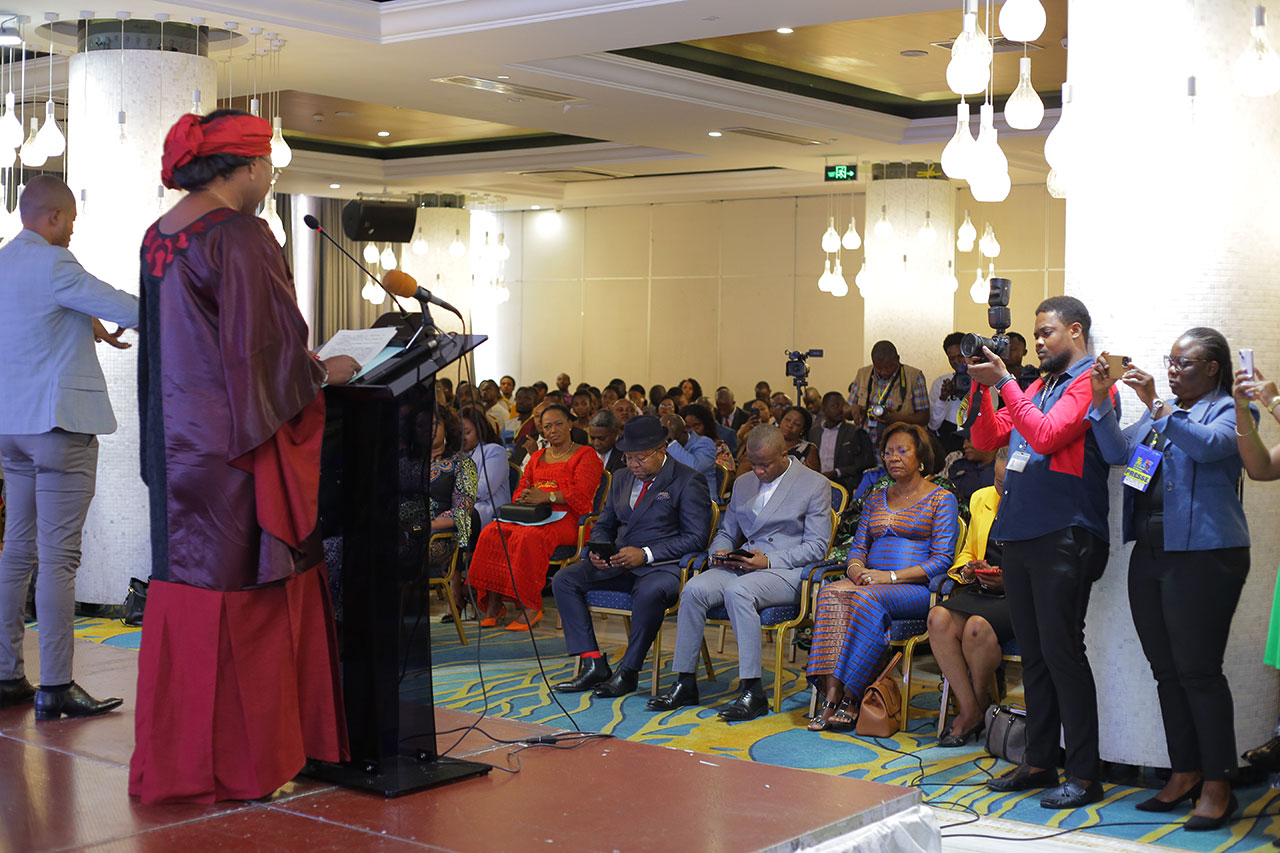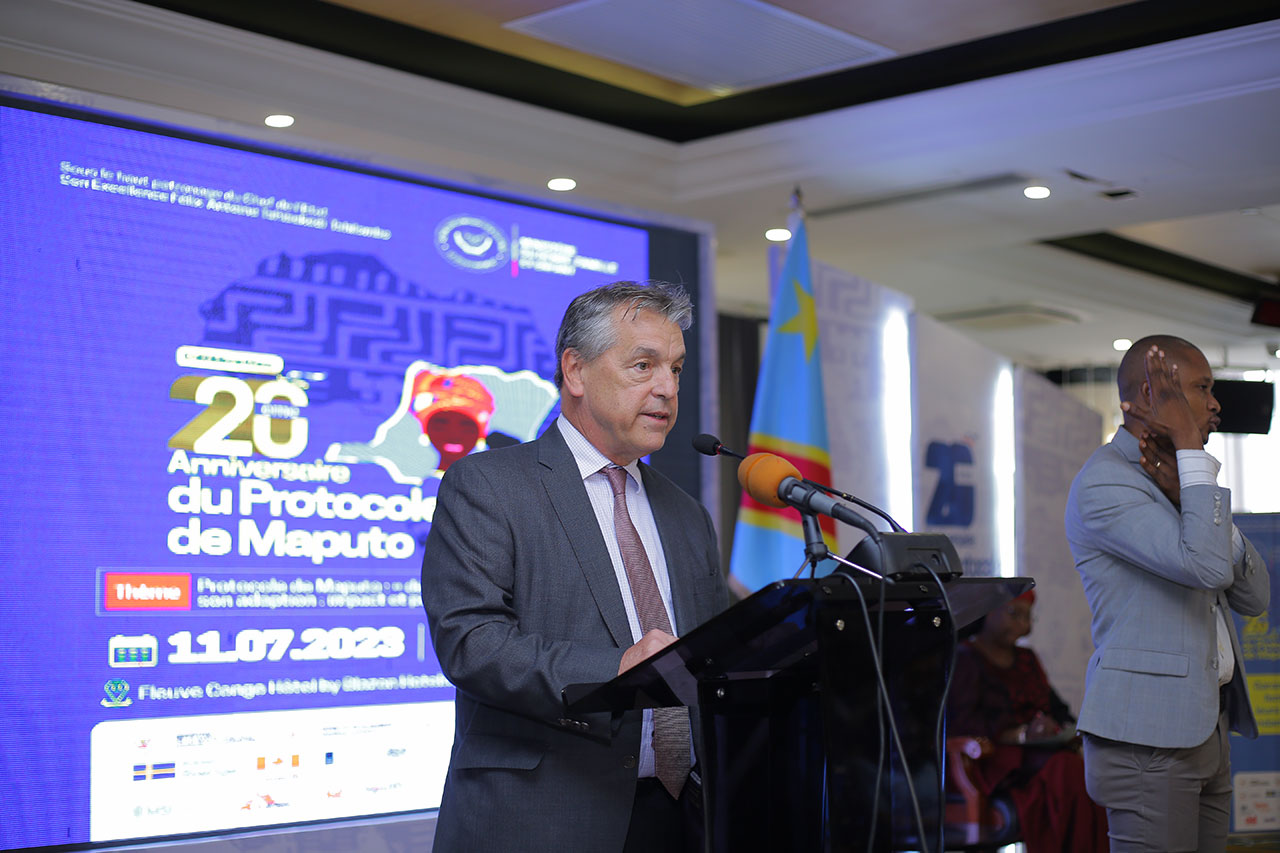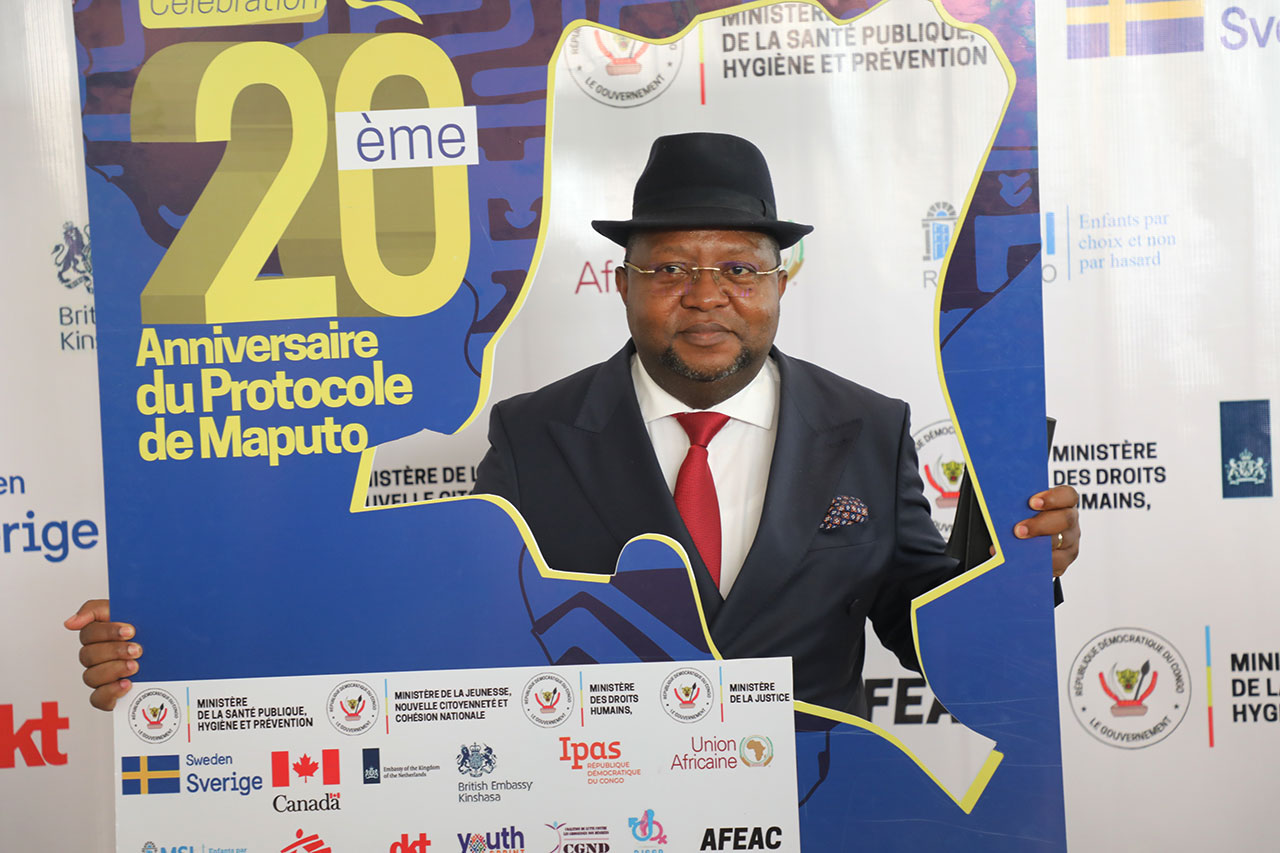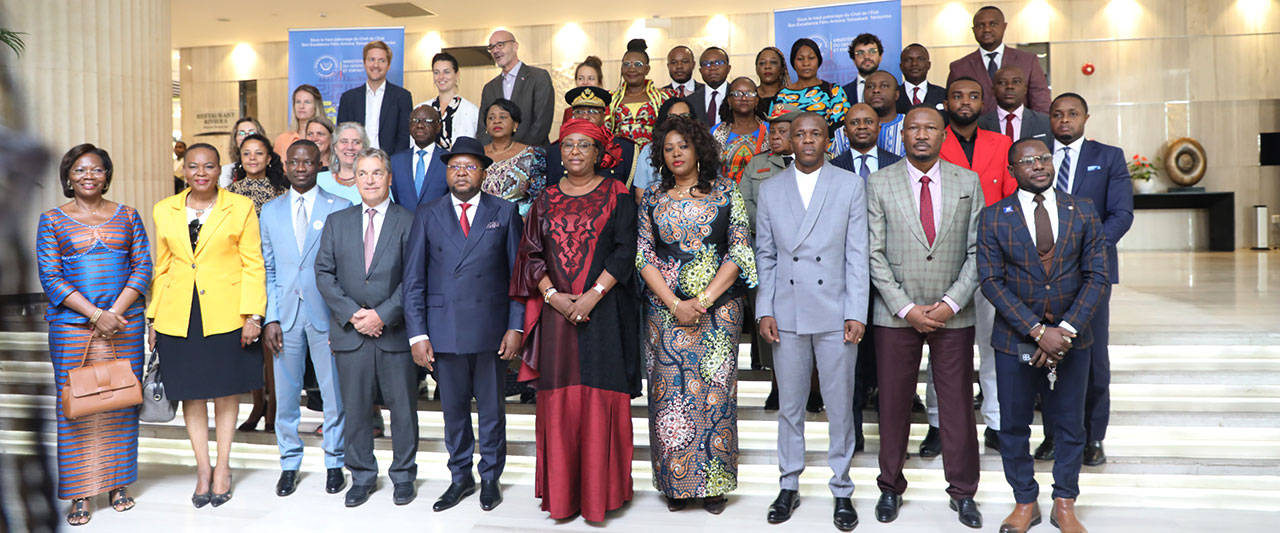Ipas DRC celebrates 20 years of impact and progress for women
The research on the impact of the domestication of the Maputo Protocol conducted by the University of Kinshasa School of Public Health in collaboration with Ipas DRC and the Ministry of Health presented during this event highlighted the challenges in its application on the field, especially within the judicial and health system.
Key stakeholders united in purpose

The celebration was marked by strong declarations from the government, parliamentarians, civil society leaders and leading women’s rights activists.
“The fact that women are denied access to safe abortion does not mean that they will not have an abortion; what it means is that they will do it in an unsafe way, risking their lives,” stated member of Parliament and president of the Permanent Commission on Gender, the honorable Christelle Vuanga — who called for all stakeholders including those in the health system and the judiciary system to create a bridge and work together to ensure that women have access to a safe choice without fear of imprisonment.


The next 20 years
Reflecting on the next steps with civil society organizations such as the Youth Sprint Movement, Women Lawyers Association and partners (DKT, MSI, and Ipas) on what the next 20 years hold for the future of Congolese women and girls, these activists called for all stakeholders and donors to accelerate the full implementation of the Maputo Protocol by revising the penal code and all other laws that hinder women’s rights. The Permanent Secretary of the Superior Judiciary Council strongly backed this, emphasizing that the judiciary system has taken all measures to ensure that women have access to all the provisions of the Maputo Protocol including safe abortion care.
The fervent engagement of diverse stakeholders supporting safe abortion rights and implementation of the Maputo Protocol gives Ipas and partners renewed hope — fueling efforts towards making the promises of the Maputo Protocol a reality for women and girls across the DRC.


